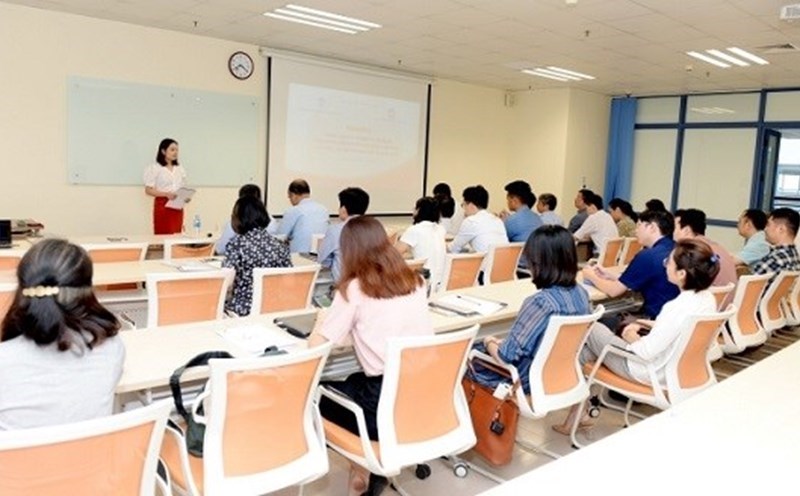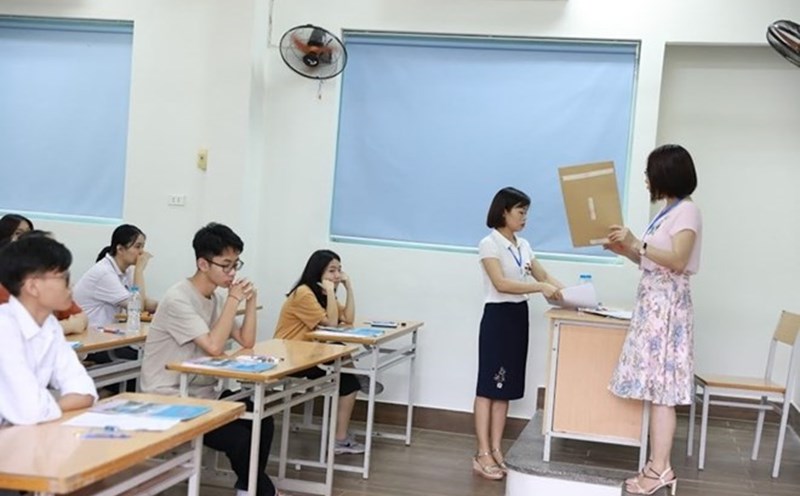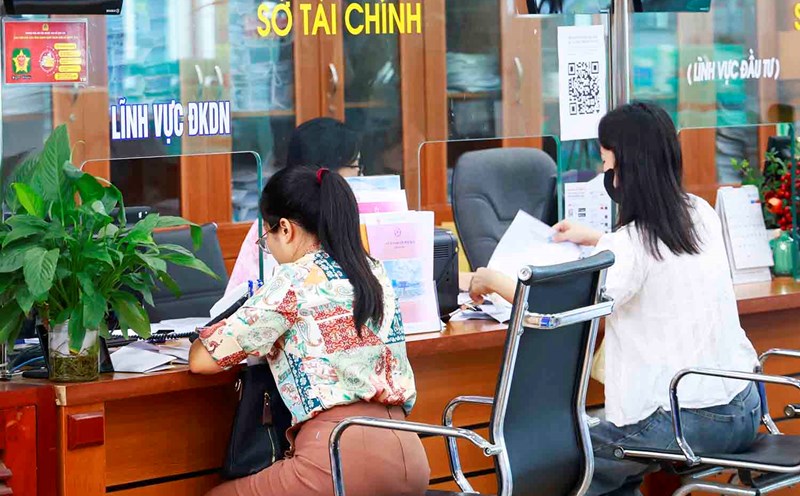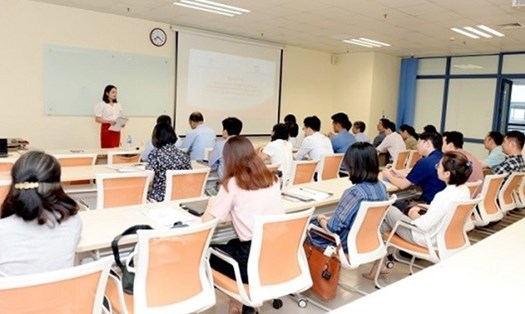In Article 29 of the Draft regulating the position and title of university lecturer, the Ministry of Education and Training has added the concept of "competent lecturer" in addition to positions such as lecturer, retired lecturer signing full-time contracts, guest lecturer.
According to the Ministry of Education and Training, this addition aims to fully reflect the practice of using the teaching staff in autonomous models, clarify the legal basis of lecturers, in accordance with the Law on Teachers, with the system of civil servant titles, as a basis for managing and evaluating the effectiveness of the teaching staff.
This regulation was basically approved by the National Assembly's Committee on Culture and Society at the meeting on the morning of October 22.
According to the Draft, part-time lecturers are civil servants of other agencies and organizations, with professional qualifications suitable for their profession and training field, assigned by a higher education institution to teach as part-time lecturers for a period of one year or more.
This is different from guest lecturers - who only cooperate for a short time, in each specific part or course.
In other words, a co-organized lecturer is a person who "shares the rights and professional responsibilities" between two units, is both the main employee of an agency, research institute or enterprise, and is an official lecturer at a university for a long enough time to participate in training, instructing students or conducting research topics.
In fact, over the years, universities - especially public schools - have encountered many difficulties in mobilizing high-quality human resources for teaching and research.
According to the leaders of universities, due to the staffing quota, many schools, whether they want to open a new major or have good financial resources, still cannot recruit more permanent lecturers.
Many experts and highly qualified scientists who want to participate in teaching for a long time cannot sign an official contract due to lack of legal basis.
Schools having to rely on guest lecturers is a flexible but unstable solution. guest lecturers only take on short-term subjects, not participating in research, testing or guiding students.
This causes a lack of sustainability in the human resources team, affecting the quality of international training and accreditation - which requires a minimum permanent lecturer ratio of 60 - 70%.
The lack of a " solid" teaching staff also makes the connection between universities and businesses and research institutes disjointed. Students are good at theory but have weak application skills, while many practical experts do not have an official mechanism to participate in long-term training.
Therefore, adding the position of "competent lecturer" is the solution to the long institutional gap. It not only helps schools be more proactive but also creates a legal corridor for the "open" human resource model, contributing to connecting knowledge ecosystems.
This supplement will bring many benefits. For students, this is an opportunity to learn from practical experts, access real projects, real technology.
For lecturers, the "multi-organized" mechanism creates conditions for them to both teach and research, promoting their strengths in both the academic and practical environments.
As for schools, it is a new source of vitality for the academic team, contributing to increasing the capacity to publish, connect research topics and transfer technology.












